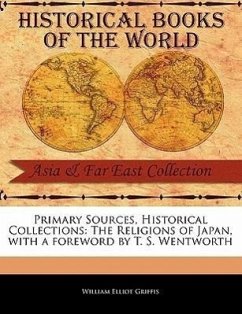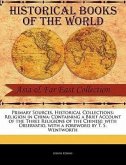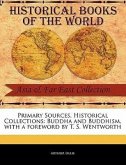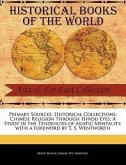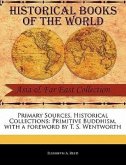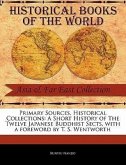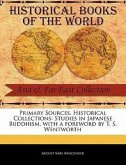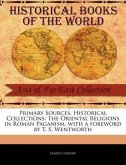This book, from the series Primary Sources: Historical Books of the World (Asia and Far East Collection), represents an important historical artifact on Asian history and culture. Its contents come from the legions of academic literature and research on the subject produced over the last several hundred years. Covered within is a discussion drawn from many areas of study and research on the subject. From analyses of the varied geography that encompasses the Asian continent to significant time periods spanning centuries, the book was made in an effort to preserve the work of previous generations.
Hinweis: Dieser Artikel kann nur an eine deutsche Lieferadresse ausgeliefert werden.
Hinweis: Dieser Artikel kann nur an eine deutsche Lieferadresse ausgeliefert werden.

